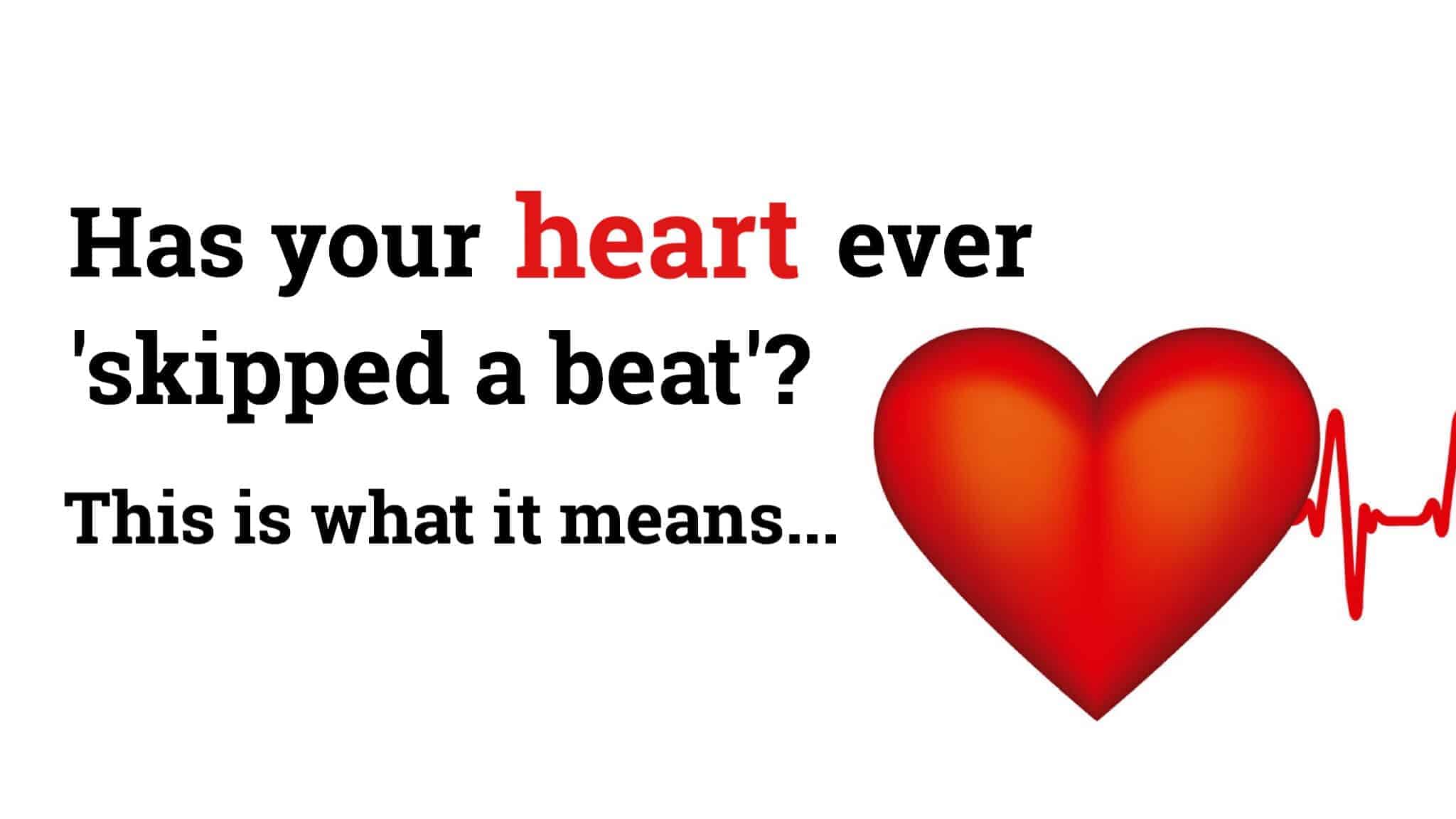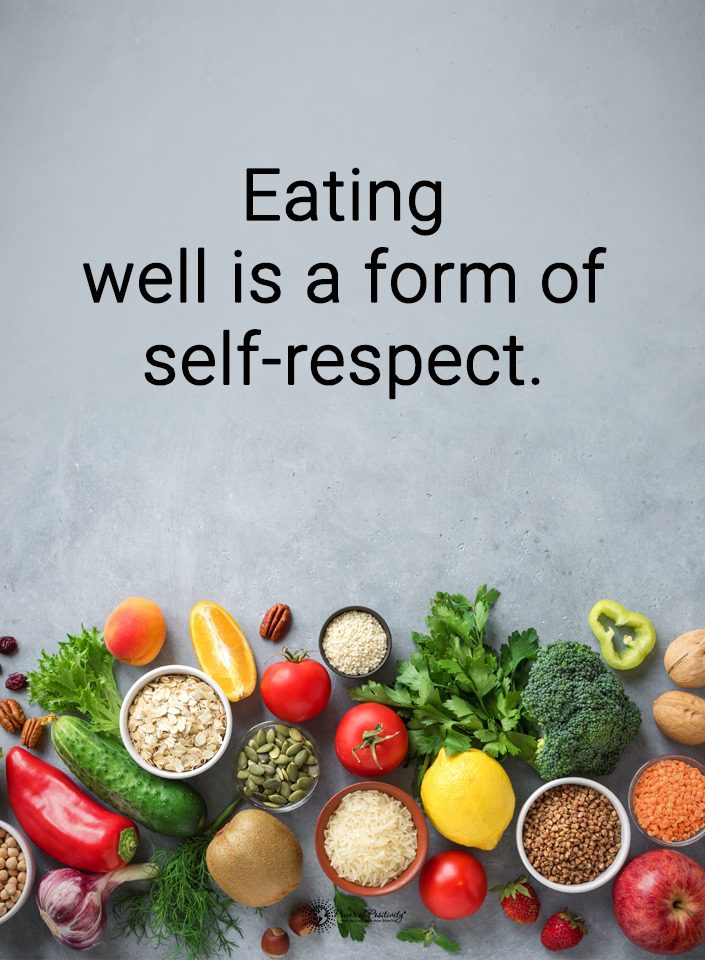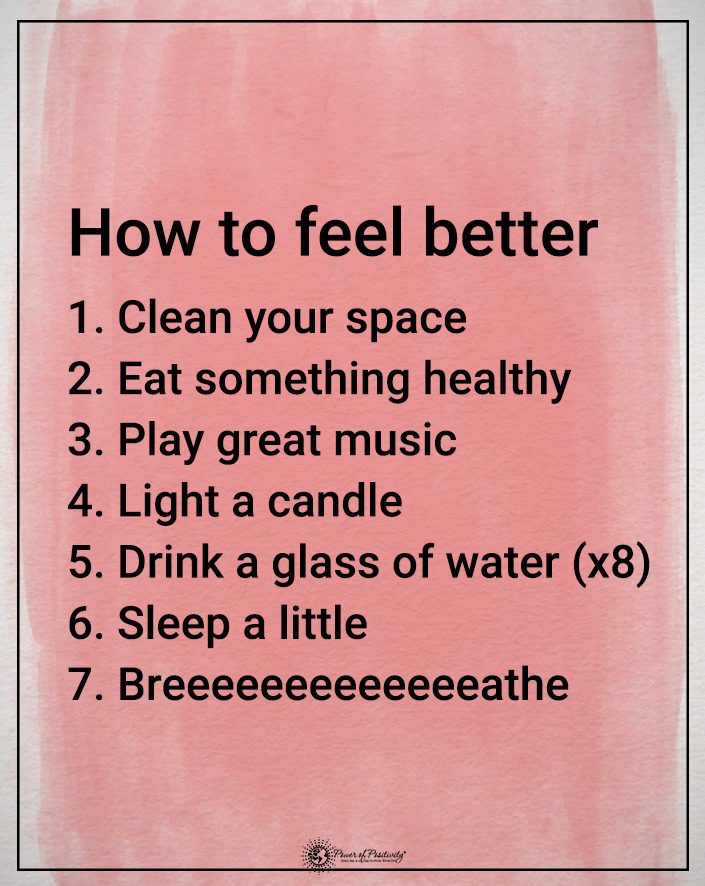A heart problem isn’t anything to joke about. So, here are signs that most often accompany a severe heart problem: shortness of breath, severe chest pain, heavy sweating, and dizziness, or feelings of fainting. This is a medical emergency, so you should probably cease reading and call an ambulance.
Okay, now that we’ve got that out of the way…
Most (all?) of us have experienced the strange sensation of the heart “skipping a beat.” When it first happens, it’s a little troubling. “What in the he** was that? I’m only 25 years old.” Regardless of your age, it is a disturbing feeling at first.
The Mayo Clinic describes the physiological mechanisms of a premature beat:
Premature ventricular contractions (PVCs) are extra, abnormal heartbeats that begin in one of your heart’s two lower pumping chambers (ventricles). These extra beats disrupt your regular heart rhythm, sometimes causes you to feel a flip-flop or skipped beat in your chest. (PVCs) are very common – they occur in most people at some point.
There are habits (mostly bad) that can contribute to PVCs. Here are five:
#1 Your Exercise Routine
(No, this is not an excuse to stop hitting the gym, pavement, or yoga mat. Hopefully…more on this below.)
The more physically rigorous a workout, the higher your blood pressure and heart rate. (Which is the goal of most workouts!) But as your heart pumps larger amounts of blood, the chances of experiencing a premature beat increases.
On a serious note, people experiencing PVCs on a regular basis during exercise should seek the advice of a doctor. Any heart condition large or small is nothing to ignore.
A condition known as ventricular arrhythmia, wherein a person physically exerts themselves beyond their heart’s capacity to supply blood and oxygen, can cause a near-instant death.
A healthy heart is crucial for any exercise regimen, and one reason for the “Consult with your doctor before starting this or any other exercise program” warning on any exercise product.
#2 Too much “Morning Joe” can cause heart fluttering
Or any caffeine, for that matter.
Slamming a cup of Joe or a Redbull is a morning ritual for millions of people. It gives us a much-needed energy boost, especially for those who despite mornings (yep, sounds about right.)
Caffeine acts on the Central Nervous System (CNS) and has a pronounced effect on alertness levels, which is why around 90 percent of world consumes the substance in some form. What follows is a rapid release of stress hormones, which alters heart rhythms. Interestingly, caffeine isn’t the cause of PVCs – it just exacerbates the feeling.
Avoid consuming any more than 400 milligrams of caffeine daily.
#3 Dehydration
Adequate hydration levels help to maintain the heart’s normal pace. Without enough fluids, the heart must exert itself to function properly as the body requires constant blood circulation for nourishment.
Also, dehydration can cause essential nutrients – such as potassium and sodium – to drop. This effect is dangerous, as these nutrients supply the heart with electrolytes, which are necessary for heart contraction and expansion. Magnesium, calcium, potassium, and sodium are the four main electrolytes required by the body.
It is recommended that adults drink at least 64 ounces of water daily. “8, 8-ounce glasses!”
#4 Insufficient Sleep
You aren’t the only one that feels the dastardly effects of a sleepless night; your heart does too.
The effect is systematic: lack of sleep leads to irritation and stress; the body releases hormones to counteract the stress, and these hormones can trigger PVCs. Stress hormones are the primary cause of those extra beats, in fact.
The National Sleep Foundation (NSF) recommends seven to nine hours for adults up to age 64, and 7 to 8 hours for ages 65 and over.
(For the curious parent out there, here’s what the NSF recommends for the youngsters:)
– Newborns (0-3 months): 14 to 17 hours
– Infants (4-11 months): 12 to 15 hours
– Toddlers (1 to 2 years): 11 to 14 hours
– Preschoolers (3 to 5 years): 10 to 13 hours
– School-age kids (6 to 13 years): 9 to 11 hours
– Teenagers (14 to 17 years): 8 to 10 hours
#5 An undiagnosed heart condition
As we’ve alluded to, most PVCs are harmless or easily correctable. However, an underlying heart condition may be present if “…premature beats…occur frequently, are coupled, or beat three times in a row at a fast rhythm, all of which may signal a health problem and pose an extra danger to your health.”
Among the most common conditions known to produce PVCs are heart disease, hypertension, and atrial fibrillation.
Medical professionals recommend a trip to the doctor’s office if the above symptoms should surface.
Final Thoughts on the Things That Make Your Heart Flutter
The factors influencing premature ventricular contractions (PVCs) underscore the intricate relationship between our lifestyle choices and heart health. Our exercise routines, caffeine consumption, hydration levels, sleep patterns, and vigilance regarding underlying heart conditions all play pivotal roles in determining the well-being of our cardiac system.
Understanding the impact of these factors and making conscious decisions to maintain a heart-healthy lifestyle can significantly reduce the risk of experiencing PVCs and related heart issues. It’s crucial to prioritize our cardiovascular health, seek medical guidance when needed, and embrace habits that nurture a strong and resilient heart. After all, a healthy heart is the cornerstone of a vibrant and fulfilling life.



















